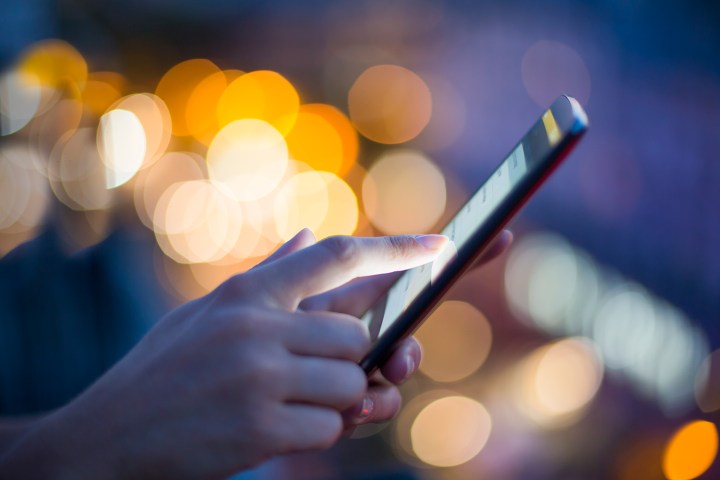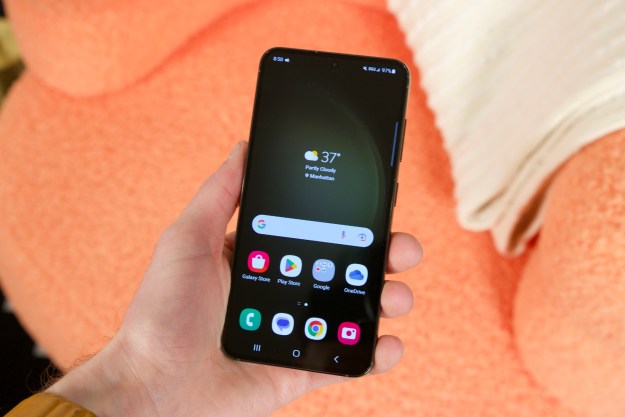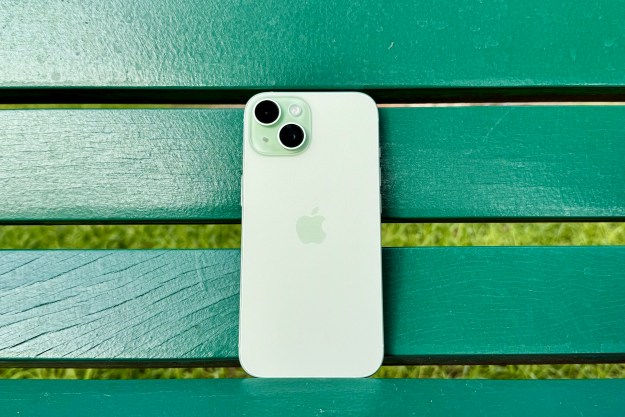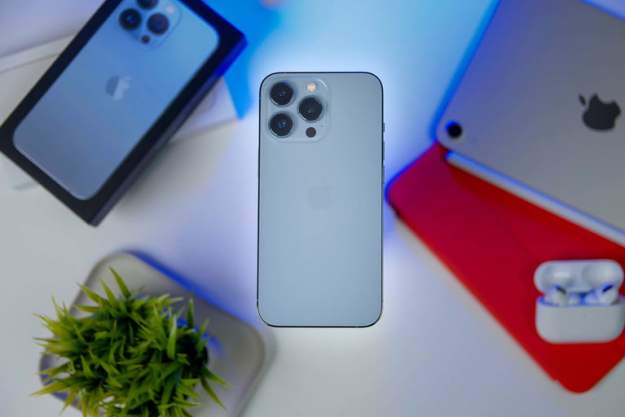
The U.S. Court of Appeals for the 6th Circuit voted 12 to 3 last week in favor of allowing the government to demand a phone’s location from carriers without a warrant, according to Reuters. The case revolved around several armed robberies in Baltimore and Baltimore County, Maryland, in 2011. Law enforcement obtained more than 29,000 location records from Sprint for the defendants. A panel of the 6th Circuit Court came to the same decision earlier, but the case was just reheard after a petition was filed.
The court came to its decision mostly thanks to an old legal theory — since the information is disclosed to a third party, the government is allowed to access it without a warrant. The third party in this case is the carrier, and the court found that the government’s use of that information does not violate the Fourth Amendment’s stance on unreasonable searches.
Judge Diana Motz said cellphone users are aware that they are voluntarily sharing personal data, including their location, with their carrier, according to Reuters.
“”Anyone who has stepped outside to ‘get a signal,’ or has warned a caller of a potential loss of service before entering an elevator, understands, on some level, that location matters,” Motz writes.
The Kelsey Smith Act hoped to accomplish the same thing — to force carriers to share a phone’s location during emergencies. While the bill may have had good intentions, privacy advocates say it would only make it easier for authorities to abuse as the process to gain a user’s location would be extremely simple.
Advocating against the act may have been futile, especially considering more than 20 states have already adopted a variant of it.


